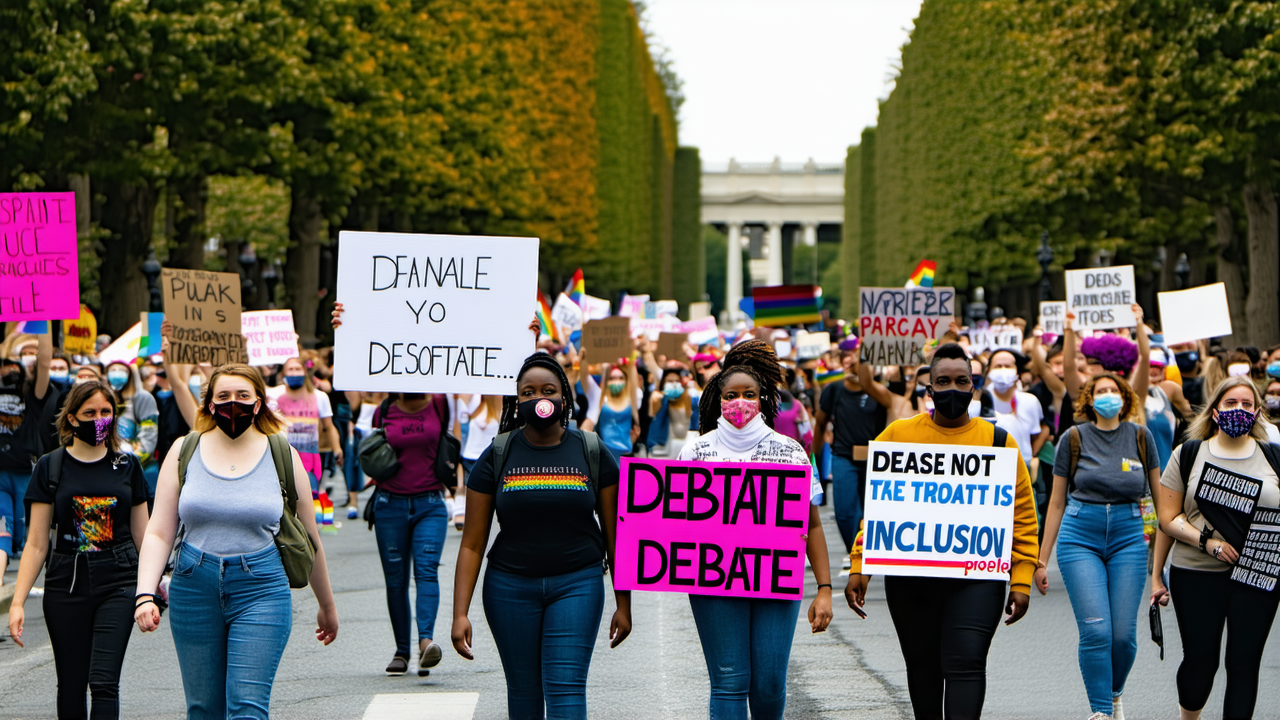New Zealand Government Forces Sport NZ to Scrap Transgender Guidelines Amid NZ First Funding Threat
New Zealand Government Forces Sport NZ to Scrap Transgender Guidelines Amid NZ First Funding Threat
Updated: July 23, 2025 – In a move that has sparked intense debate across the country, the New Zealand Government has compelled Sport NZ to abandon its transgender inclusion guidelines, citing misalignment with the coalition agreement. This decision follows a stark warning from New Zealand First leader Winston Peters, who has threatened to cut public funding from sports organizations that promote transgender inclusion policies in community sports.
Sport NZ’s chief executive, Raelene Castle, confirmed in a statement that the Government had ordered the Crown entity to remove its guidelines from its website. The voluntary Guiding Principles for the Inclusion of Transgender People in Community Sport, introduced in 2022, aimed to provide clarity and support for community sports organizations to develop policies on the inclusion of transgender athletes. The core principle of the guidelines was that “transgender people can take part in sports in the gender they identify with.”
The decision comes after a review of the guidelines by Sport NZ, which was prompted by former Sports Minister Chris Bishop in 2023. The review was completed recently, and draft guidelines were submitted to the current Sports Minister, Mark Mitchell, for assessment.
However, in a letter to Sport NZ, Mitchell stated that the policy outlined in the coalition agreement requires Sport NZ to “no longer have guiding principles published and should leave that decision-making and judgment up to individual sports and community organisations.” He emphasized that the Government’s role is to “create opportunities” in sport, not to dictate inclusion policies.
While Castle confirmed the removal of the guidelines from the Sport NZ website, she advised sporting organizations to “make their own decisions on the participation of transgender people in community sport.” Castle declined to be interviewed further on the matter.
Winston Peters, leader of the New Zealand First Party, has long been vocal about his stance on fairness in sport. In a recent interview, he referenced cases such as weightlifter Laurel Hubbard and mountain biker Kate Weatherly, who competed in women’s categories, and stated that his party “opposes inclusion being prioritised over fairness in sport.” He warned that public funding would be withdrawn from any sports codes that do not comply with the Government’s position on fairness.
However, the Sport and Recreation New Zealand Act 2002 prohibits the Minister of Sport from directly directing Sport NZ on the allocation of funds. This may limit Peters’ ability to enforce his threat, though the Government retains the power to change legislation and determine funding levels.
Reactions to the decision have been mixed. Labour Party rainbow issues spokesman Shanan Halbert criticized the move, stating that “all New Zealanders deserve the right to participate in community sport with empathy, dignity, and respect—no matter their gender identity.” He accused the Government of “showing, once again, that it doesn’t care about minorities.”
Benjamin Doyle, Green Party takatāpui/rainbow communities spokesperson, argued that the guidelines were merely “tools for sports organisations to learn how to involve transgender athletes” and that their removal was a political move to appease coalition partners and cater to “some of the most hate-filled corners of our society.”
Meanwhile, some sporting organizations have yet to finalize their policies on transgender inclusion. For example, New Zealand Rugby is still developing its stance, while Netball NZ requires transgender women to provide documentation proving gender reassignment and hormone therapy before allowing participation.
As the debate continues, the issue of fairness in sport and the rights of transgender athletes remains at the forefront of New Zealand’s public discourse. With the Government’s stance now clear, the challenge lies in balancing inclusivity with the principles of fair competition.
